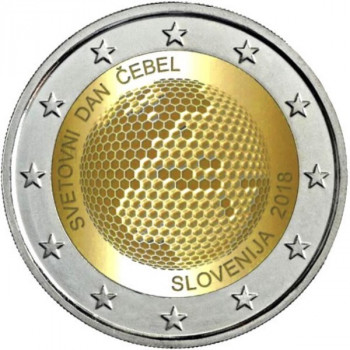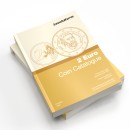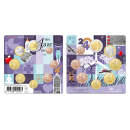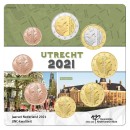Slovenia 2018 World bee day
World bee day
Bees and other pollinators are very important for people’s lives, especially in terms of sustainable agricultural production, ensuring food security and preventing hunger in the world. As much as a third of food produced in the world depends on pollination, a large share of which is provided specifically by bees through their concerted gathering of pollen. Moreover, as pollinators bees are important for maintaining biodiversity and preserving the environment.
Beekeeping has an exceptionally long tradition
in Slovenia as a branch of farming. Indeed the beginning of modern beekeeping
is attributed to the Slovenian Anton Janša (1734–1773). Slovenia is also the
only Member State of the European Union to have a protected native sub-species
of bee (Carniolan grey or Apis mellifera carnica), meaning that no other breeds
of bee may be raised in Slovenia. Owing to the great importance of beekeeping
in Slovenia, and in order to raise awareness internationally about the
importance of bees and other pollinators and their products, the Slovenian
Beekeeping Association, supported by the Republic of Slovenia, submitted an
initiative to the United Nations to declare 20 May, the birthday of Anton
Janša, World Bee Day. Given the increasing threat to bees, by marking a special
day devoted to bees, we can make a major contribution on the global level to
raising public awareness about the importance of protecting bees and of the
role of the beekeeping sector in agriculture.
In honour of World Bee Day, which will be marked for the first
time based on the Slovenian initiative, Slovenia is issuing a commemorative
coin. The globe is depicted as a honeycomb. The empty honeycomb cells represent
the sea, while the land is depicted by the filled-in honeycomb cells.
Weight - 8.5 g.
Quality - UNC (Uncirculated)
Diameter - 25.75 mm.
Composition Bimetallic - nickel brass clad nickel center in copper-nickel ring
Circulation - 1'000'000 pcs.
Country of origin - Slovenia
Year - 2018





